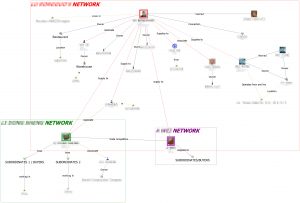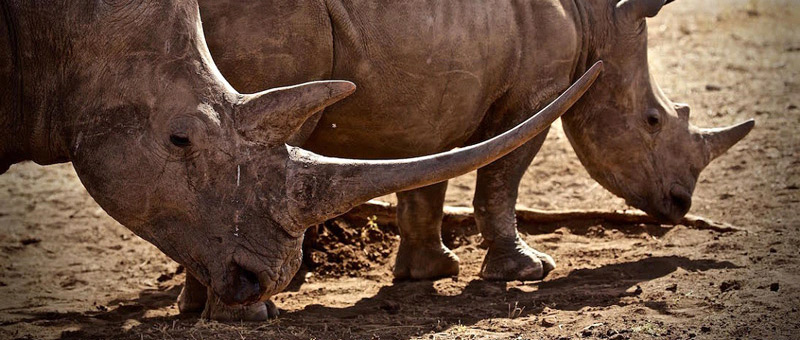Upon concluding our field intelligence-gathering operations, ELI produces various Intelligence Products, including Confidential Intelligence Briefs (CIBs), Situational Reports (SITREPs) and Target Profiles. These are shared with relevant government agencies at national and international levels, depending on the nature of the intelligence and which agencies are best positioned to take effective action.
ELI’s intelligence products such as Confidential Intelligence Briefs (CIBs), Situational Reports (SITREPs), and Target Profiles play a critical role in providing Actionable Intelligence and in decision-making and operational effectiveness:
- CIBs (Confidential Intelligence Briefs): Provide in-depth analysis and actionable intelligence on criminal networks and Persons of Interest, enabling authorities to launch investigations and disrupt illicit activities.
- SITREPs (Situational Reports): Offer real-time or periodic assessments of evolving situations and threats, ensuring stakeholders stay informed and can adapt strategies accordingly.
- Target Profiles: Deliver detailed insights into key individuals or groups involved in illicit activities, supporting government agencies in investigations, sanctions, and enforcement actions.
These intelligence products transfer much needed knowledge, enhance situational awareness, support strategic planning, and facilitate timely interventions, ultimately strengthening efforts against transnational crime and security threats.

The CIBs contain information that is not included in our public reports. This includes full names, addresses, and contact information (as available) for each Person of Interest (POI), as well as in-depth descriptions of their businesses, legal and illegal activities, financial movements, and network connections, including video and audio recordings. It also includes information on Crime Convergence, such as money laundering, human trafficking, drug trafficking, and corruption.
Our Intelligence Products provide data also to policy makers that will help build political will and trigger the necessary policy changes at national and international levels.
Once all sensitive information has been dealt with, ELI often produces a separate Public Report that explains the background for the investigation and presents the main findings. These reports are often used and republished by the media.
It is important to note that ELI does not always release media briefings in relation to our operations and the work of government partners, as doing so would jeopardize the safety of our teams in the field, law enforcement operations, and future investigations.
U.S. government agencies that routinely receive our intelligence products include Homeland Security Investigations (HSI), the U.S. Fish & Wildlife Service, the Department of the Interior, NOAA, and other relevant agencies. These collaborations have led to significant arrests in the United States.
Internationally, we have been collaborating and sharing information with public prosecutors and authorities in Mexico, Bolivia, the Netherlands, Thailand, Vietnam, Kenya, Tanzania, South Africa, and other countries. Many of these partnerships have resulted in new investigations and major arrests.


